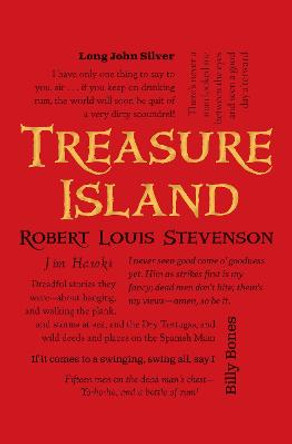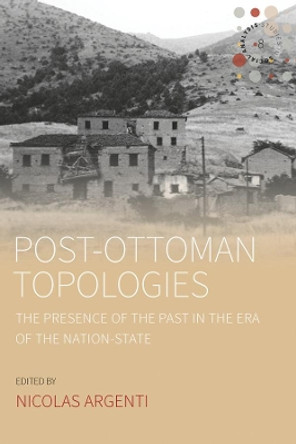Description
Drawing on research conducted on Chios during the sovereign debt crisis that struck Greece in 2010, Nicolas Argenti follows the lives of individuals who symbolize the transformations affecting this Aegean island. As witnesses to the crisis speak of their lives, however, their current anxieties and frustrations are expressed in terms of past crises that have shaped the dramatic history of Chios, including the German occupation in World War II and the ensuing famine, the exchange of populations between Greece and Turkey of 1922-23, and the Massacres of 1822 that decimated the island at the outset of the Greek War of Independence. The complex temporality that emerges in these accounts is ensconced in a cultural context of commemorative ritual, ecstatic visions, an annual rocket war, and other embodied practices that contribute to forms of memory production that question the assumptions of the trauma discourse, revealing the islanders of Chios to be active in forging their place in time in a manner that blurs the boundaries between historiography, memory, religion, and myth.
A member of the Chiot diaspora, Argenti makes use of unpublished correspondence from survivors of the Massacres of 1822 and their descendants and reflects on oral family histories and silences in which the island represents an enigmatic but palpable absence. As he explores the ways in which a body of memory and a cultural experience of temporality came to be dislocated and shared between two populations, his return to Chios marks an encounter in which the traditional roles of ethnographer and participant come to be dispersed and intertwined.
About the Author
Nicolas Argenti is Senior Lecturer in Anthropology at Brunel University. He is author of The Intestines of the State: Youth, Violence and Belated Histories in the Cameroon Grassfields, and editor (with Katharina Schramm) of Remembering Violence: Anthropological Perspectives on Intergenerational Transmission.
Reviews
"A beautifully written ethnography of remembrance of exodus and the tragedies that caused it, this book is an essential reading to scholars of the role of collective memory in trauma, international migration, diaspora, and exile. Argenti conjugates the political with the emotional, the personal with the collective in a groundbreaking ethnography of memory as strategy of resistance to oppression and to the challenges of time in the formation of social identity. "-Joelle Bahloul, author of The Architecture of Memory: A Jewish-Muslim Household in Colonial Algeria, 1937-1962
"Like cubist painting, Argenti's multidimensional book offers multiple perspectives on a seminal event that continues to explode in differing modalities of history. Telling the story of one of the first humanitarian crises in Europe, it traces the means by which the memories and historicities of the disparate groups associated with an event come to be embedded in the experience of time itself."-Antonis Liakos, author of Pos to parelthon ginetai istoria? [How does the past turn into history?]
Book Information
ISBN 9780253040664
Author Nicolas Argenti
Format Paperback
Page Count 322
Imprint Indiana University Press
Publisher Indiana University Press









